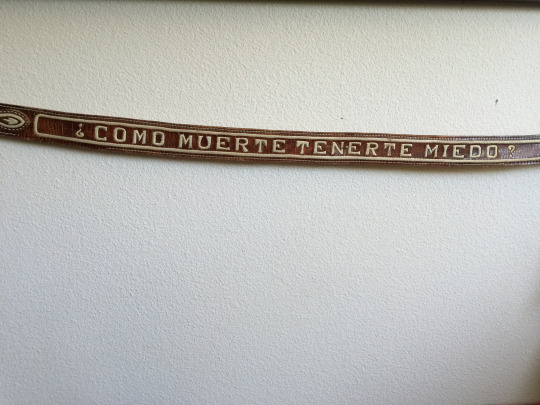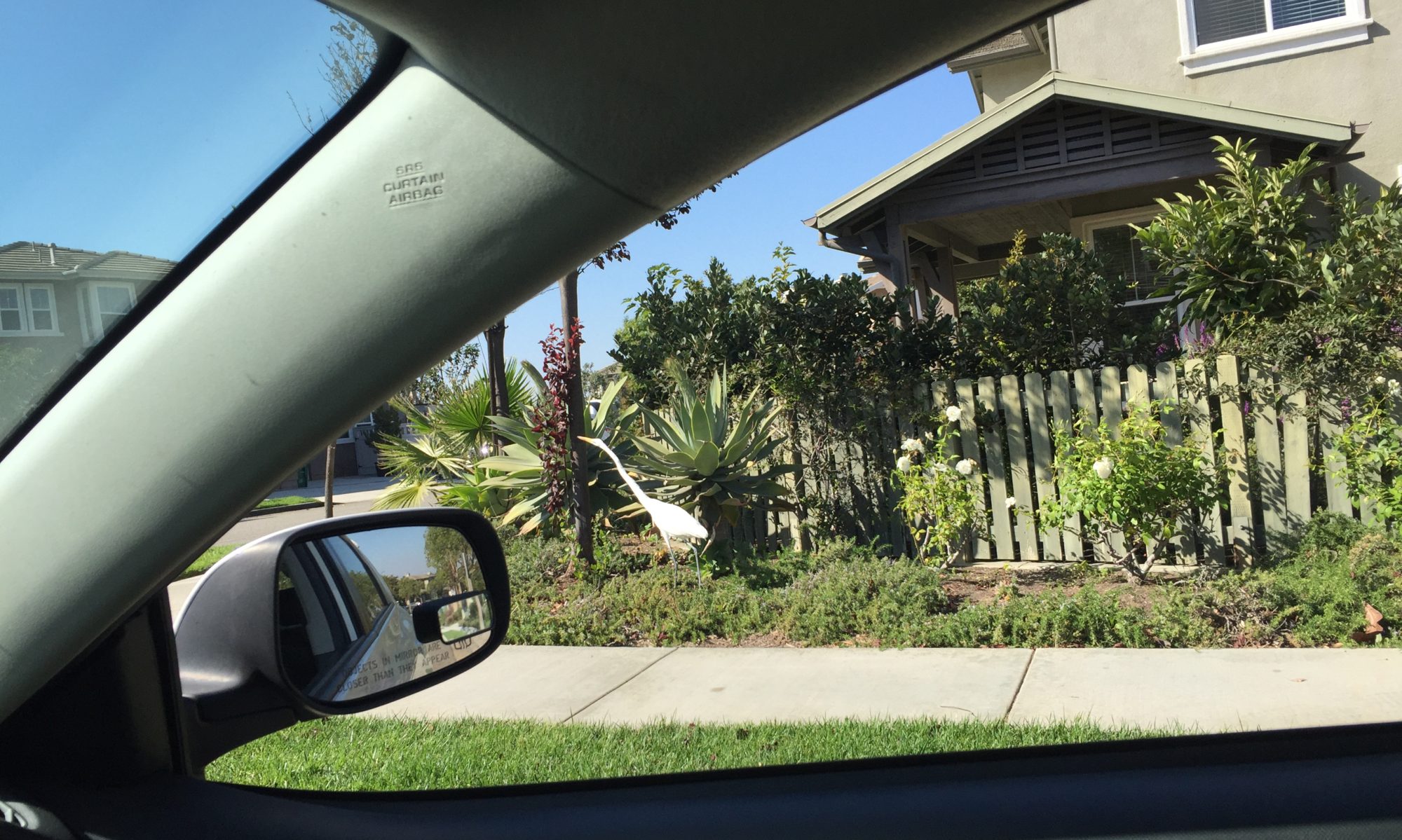Why, Death, should I fear you?
Are you not my flunkey, faithfully serving
beside me? Do I not watch everything you do?
Are you not a mere husk of a man,
docile, oblivious of whatever
I don’t want you to see? Do you
not long to have what is mine, glory,
solitude, love, while but an obsequious
lackey at my beck and call?
Do I not guide you around like a dog?
Do you not pliantly lip the words
I put into your mouth? Do you not slavishly
relish the slightest kindness I grant?
What can you see or say without me?
Where can you go? Dead, shall I
not become, Death, your own
death, whom you, Death, should fear,
should pamper, should love?
(Original Spanish below)
***
This translation has been a long time coming. I discovered the original by the Andalusian Juan Ramón Jiménez in 1969, thanks to my Catalan Doktorvater Juan Ferraté.
Sixteen years later in Cuetzalan del Progresso in the cloud forest above Mexico’s Gulf Coast I had a hand-made belt embroidered with its first line, to the express admiration of the artesano.

It is not that death is entering my prospect with any more focus in these crepuscular days. It was always there. Fear of death is our first and deepest instinct. All we can lodge against it are words we compose then utter back to ourselves. These, at least, rise to high baroque conceit:
¿Como, muerte, tenerte
miedo? ¿No estas conmigo aquí trabajando?
¿No te toco en mis ojos; no me dices
que no sabes de nada, que eres hueca,
inconsciente y pacífica? ¿No gozas,
conmigo, todo: gloria, soledad,
amor, hasta tus tuétanos?
¿No me estás aguantando,
muerte, de pie la vida?
¿No te traigo y te llevo, ciega,
como tu lazarillo? ¿No repites
con tu boca pasiva
lo que quiero que digas? ¿No soportas,
esclava, la bondad con que te obligo?
¿Que verás, que dirás, adónde irás
sin mí? ¿No sere yo, muerte,
tu muerte, a quien tu, muerte,
debes temer, mimar, amar?
